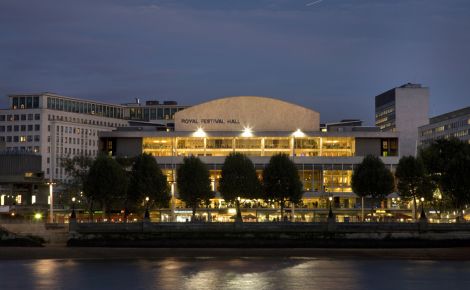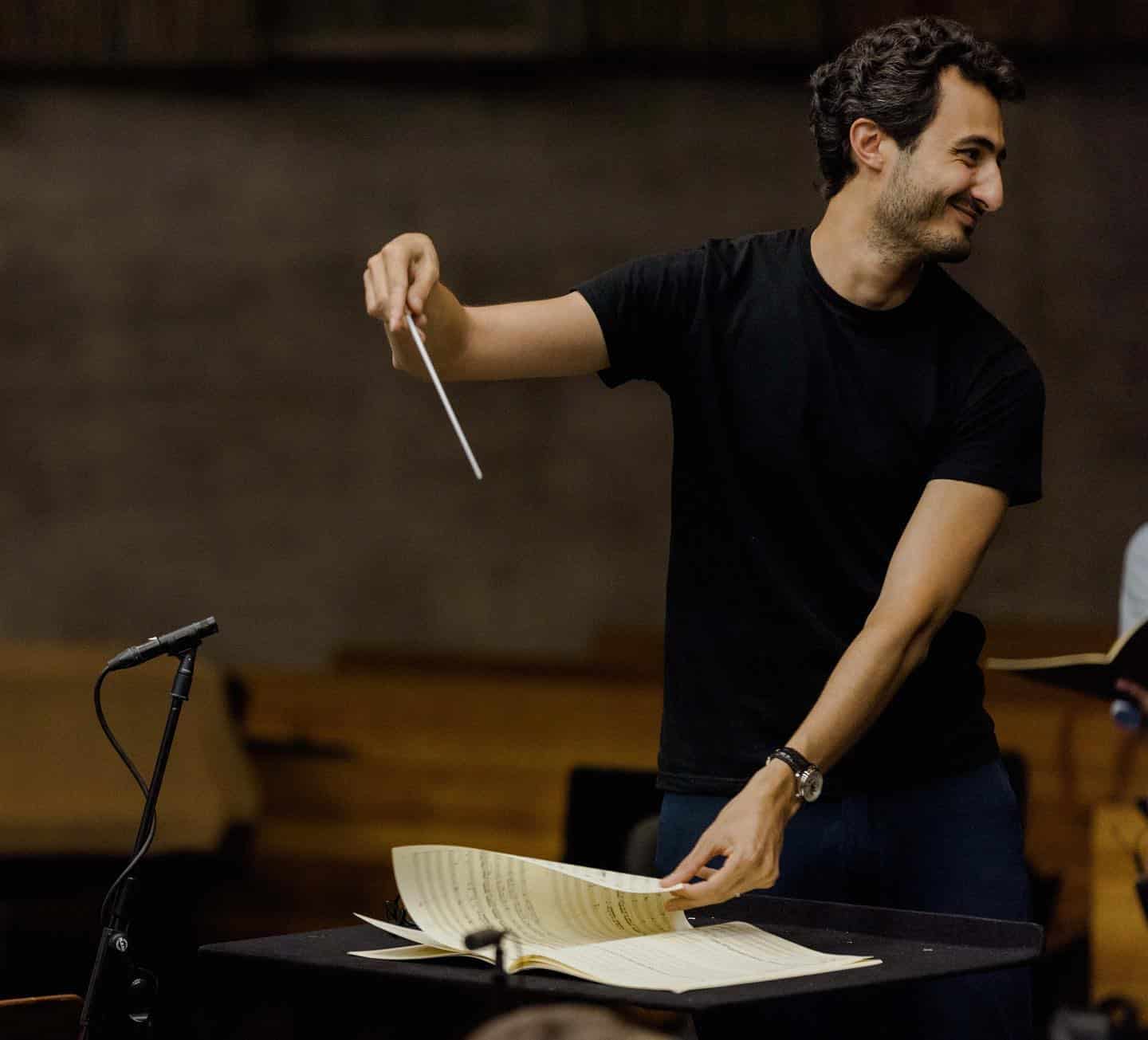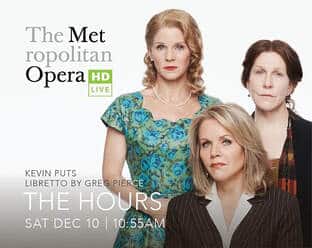London’s South Bank begs for debt relief
mainIt turns out that London’s sinking arts centre is burdened with a ‘crippling’ £21 million of debt that it wants the Government to ease.
The causes of the debt are not cultural but structural – grandiose building plans.
The South Bank has declared itself shut until the end of 2020.
There is no reason to rush in with emergency aid. The Government should let the organisation sink beneath its unconstitutional debt, call in the administrators and reconstitute the centre – as we have always advocated – as a private, entrepreneurial corporation.

cc. Boris Johnson





I have spent enough on tickets over 66 years. Look how what has been done to the place.
They have had enough of my hard earned money
Where did the £109million refurbishment go, I wonder? Oh yes, in the auditorium you can now hear the trains trundling over the bridge from Charing X so much more clearly than before. What an achievement!
It was always an awful place to play in.
I’m alright, Jack – pull up the ladder.
A shame they decided to turn it into a ‘Spoons themed pub with the very occasional decent concert.
Well, the white elephant of “grandiose building plans” is by no means a malady confined to the vicinity of London Waterloo. Too many venues and organisations prioritise consultants and starchitects at the expense of the artistic endeavours which constitute such venues’ /raison d’être/. And then, when they run out of money, it is the artists (and support staff) who are forced to bear the brunt of the cuts that ensue. No orchestra is safe from falling victim to this fate, no matter how prestigious (cf. Minnesota Orchestra) or obscure (cf. Guildford Philharmonic). This should serve as a warning to the self-governing LSO, whose tenured players still have the power to stop Rattle’s vanity project.
So, any bail-out should have strings attached restricting how the money can be spent (e.g.: allow it to be spent only on artists, staff, concerts, and the routine overheads associated with such activity), mandating a minimum quantity and variety of concerts (e.g.: at least X orchestral concerts, Y chamber concerts, Z concerts including music composed since 1945, … per week/month/season, with allowances for less activity during Christmas and other ‘out-of-season’ times of year), and capping hire fees for external *artistic* promoters to a reasonable level.
Couldn’t agree more. As a freelance ‘creative’ (although not in music) I’ve always been rather irked by the kind of contracts and pay enjoyed by legions of building consultants, architects, market researchers, PR/marketing/admin people in the UK arts, people who live off the work of ‘creatives’. A friend in an admin role is still on full pay (c. £50,000 per year on a full time pensionable contract) even though the theatre is closed, with no shows to promote, and likely to remain closed until next year at the earliest. When the theatre’s application for a government loan was rejected they were furious because they might lose their job. This when so many musicians, actors, directors, etc., are out of work, broke and very, very anxious. I accept that each of us chooses what careers to pursue & live with the risks, but I have long thought that in the UK funding has been skewered towards people who aren’t creative: the ‘arts industry has come to serve the interests of the bosses & not the workers, if I may put it like that. (And I couldn’t agree more about music composed post-1945, only to add that there should be more commissions from living composers.)